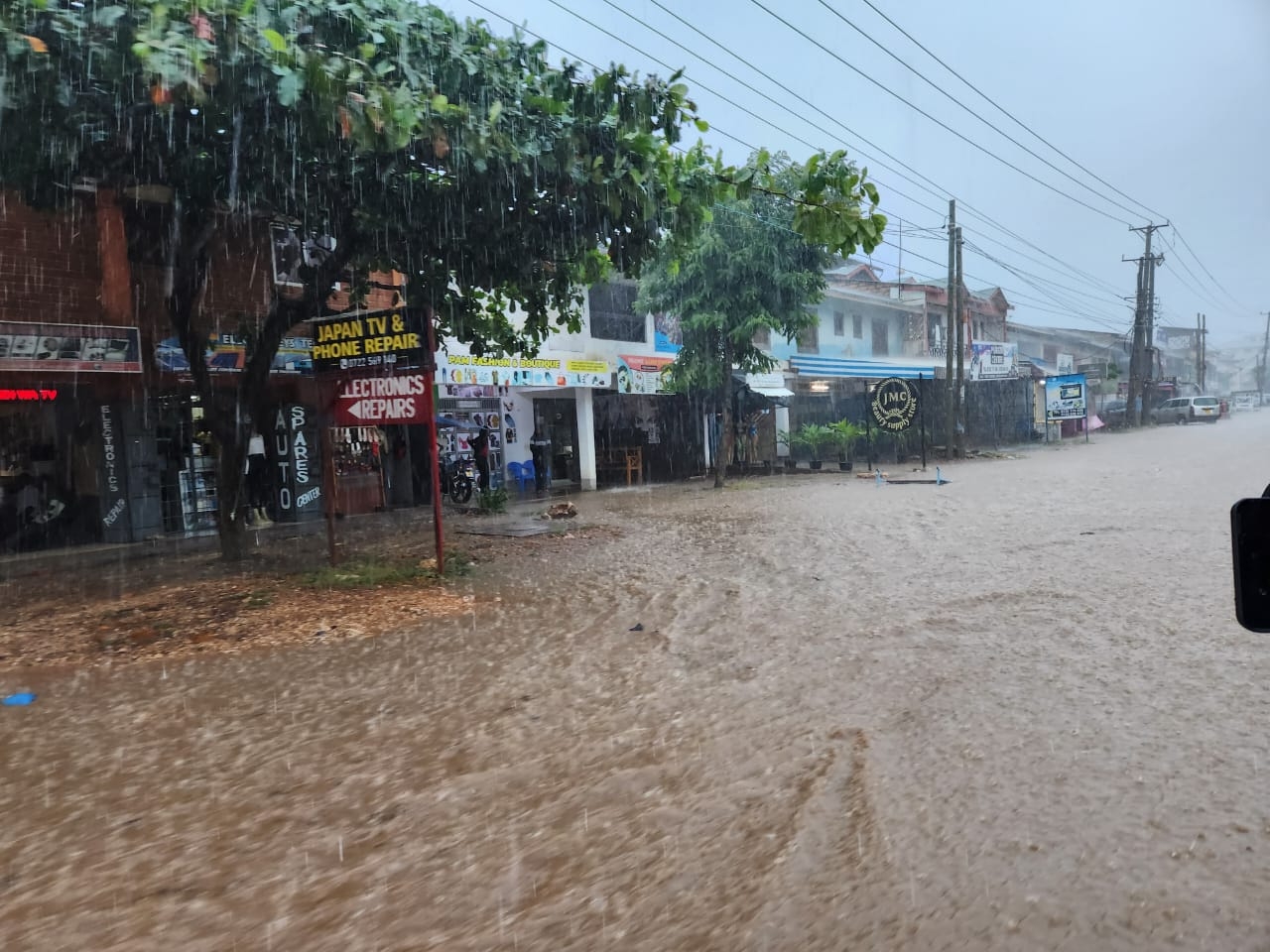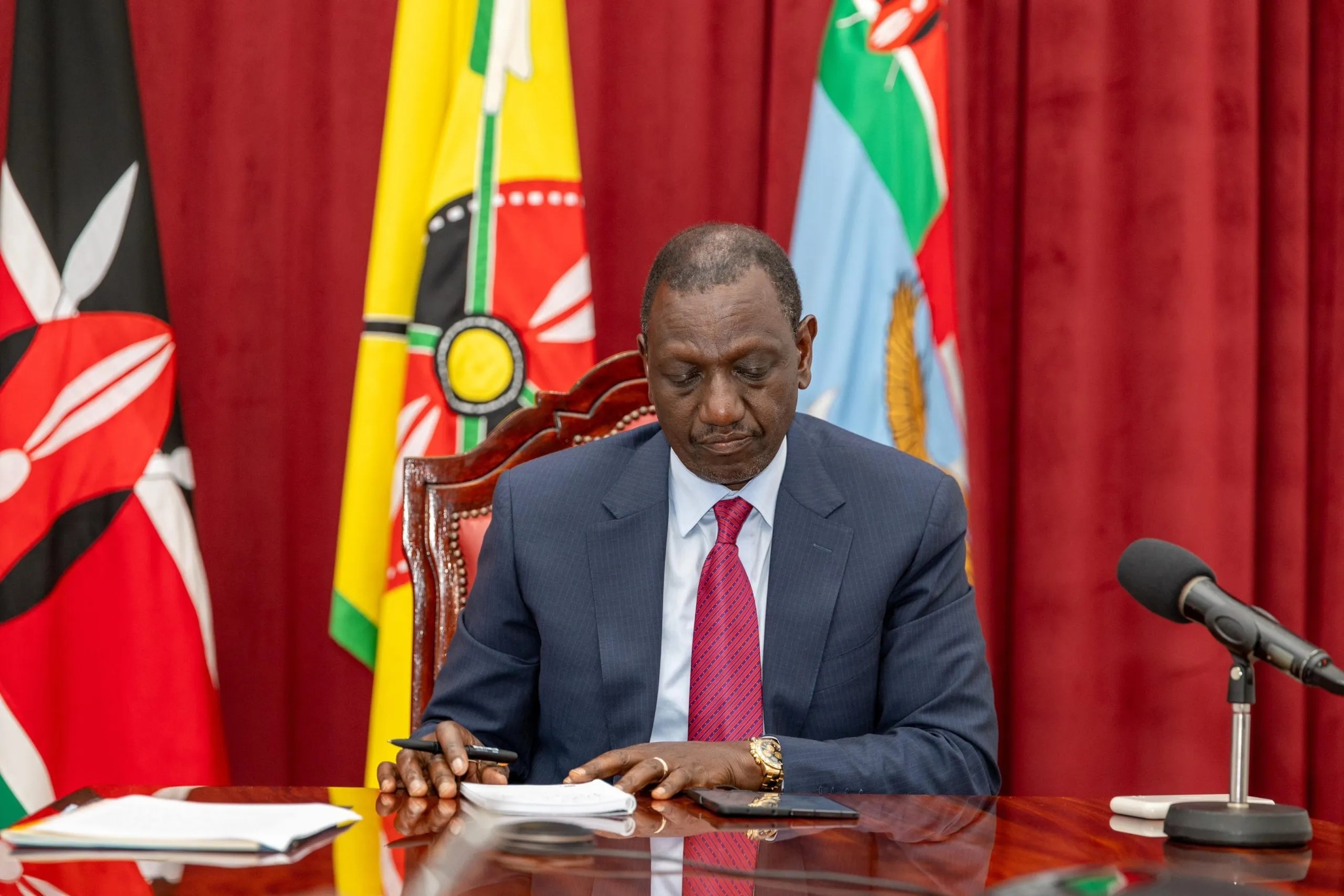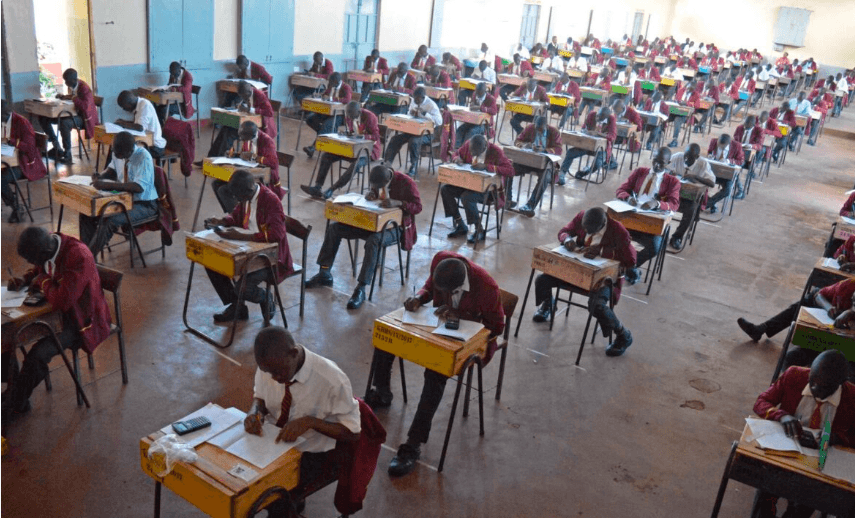The world continues to be not just hostile but extremely dangerous for whistleblowers and other activists who dare lift the lid on corruption.
Both in Kenya and in South Africa, where over the years, there have been reports of killings and supposedly mysterious deaths, the phrase “snitches get stitches” is not just the lyric to a rap song
The phrase is a real threat made to people who dare to expose wrongdoing, be it in government or the corporate sector.
Back in 2005, my old friend John Githongo had to flee for his life after becoming convinced that the repeated warnings he received that his life was in danger were serious.
This was despite the fact that he was only doing his job as the country’s first anti-corruption adviser.
Another friend of mine, the writer and journalist Rasna Warah, was attacked and intimidated and eventually lost her job at the United Nations when she lifted the lid on massive corruption and made-up statistics.
She told the story in her book 'UNsilenced: UNmasking the United Nations’ Culture of Cover-ups, Corruption and Impunity'.
Here in South Africa, not so long ago, an accountant who had been working on a high-profile corruption case was shot dead while driving on the highway. The killers also murdered his son, who was with him.
A couple of years ago, Babita Deokaran, a civil servant who revealed illegal dealings worth nearly Sh6.9 billion, died after being shot 12 times while at the gate to her home.
In South Africa the government appears to be taking further action to protect whistleblowers, with proposed reforms to whistleblowing legislation.
The reforms, which have been released for public comment, came about as a result of President Ramaphosa's response to the Commission of Inquiry into Allegations of State Capture, Corruption and Fraud in the Public Sector.
Like all Commonwealth countries, South Africa love a Commission of Inquiry.
This particular commission identified whistle-blowing as an essential weapon in the fight against corruption.
The President himself said the actions of whistleblowers played a vital role in exposing many of the activities that were part of state capture, and that they needed to be “encouraged to report instances of fraud and corruption and need to be protected from victimisation, prejudice or harm”.
This led to the Department of Justice reviewing the Protected Disclosures Act and Witness Protection Act to give effect to the commission's recommendations on the protection of whistleblowers.
The government here says the recommendations, which are now being debated by the public, are based on thorough research and comparative analysis of whistleblower systems in various countries worldwide, including the US, the UK, New Zealand, Canada and Australia, all of which have established frameworks.
Interestingly, the South African government also carried out benchmarking exercises in Kenya, Uganda, Tanzania, Namibia and Ghana. They said this exercise helped explore the universal aspects of the whistleblower phenomenon comprehensively.
With the proposed reforms, South Africa is acknowledging the bravery of whistleblowers who speak up to ensure justice is served, and that whistleblowing is a complicated and often risky position to take.
Recently, the South African Bureau of Standards got in on the act, publishing a whistleblowing management systems guideline based on the principles of trust, impartiality and protection.
Aimed at all organisations, be they in the public or the private sector, and regardless of type, size or nature of activity, the bureau of standards document is adopted from the International Organisation for Standardisation (ISO) and is the internationally accepted standard for organisations anywhere in the world to deal with whistleblowing.
It includes guidelines on how to reduce and prevent detrimental treatment of whistleblowers and others involved. It also demonstrates leadership commitment to prevent and address wrongdoing, encouraging people to blow the whistle and establishing a culture of openness, transparency, integrity and accountability.
Perhaps if the culture of whistleblowing is properly strengthened and protection given to whistleblowers, the problems with stitches and ditches will end, too. We can only hope.

















